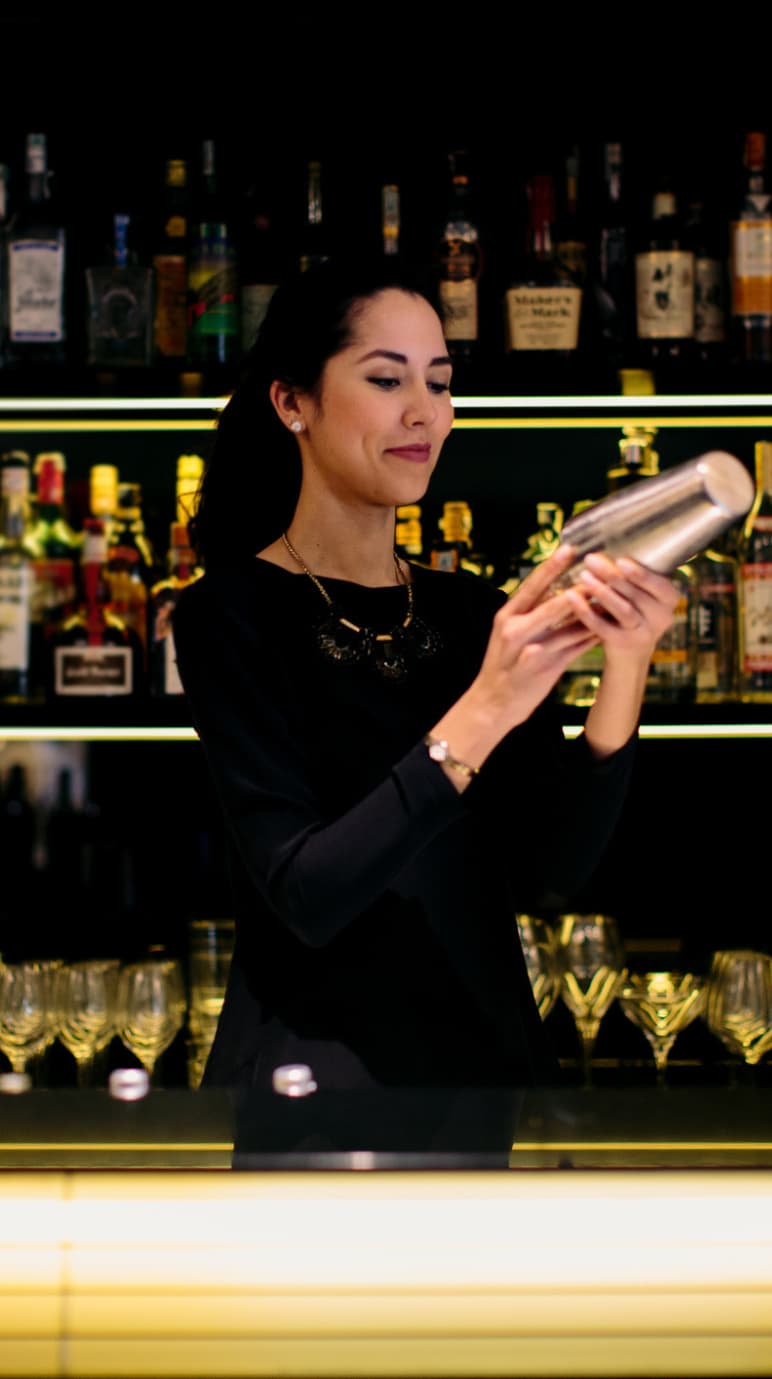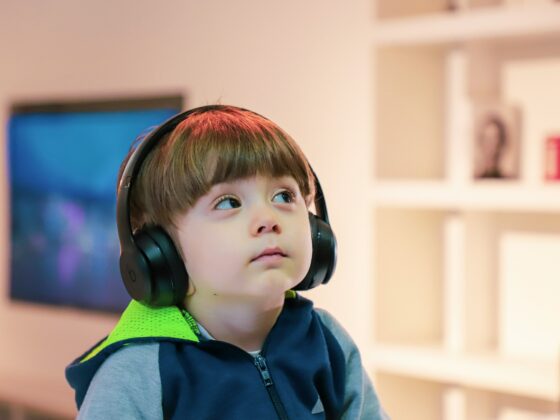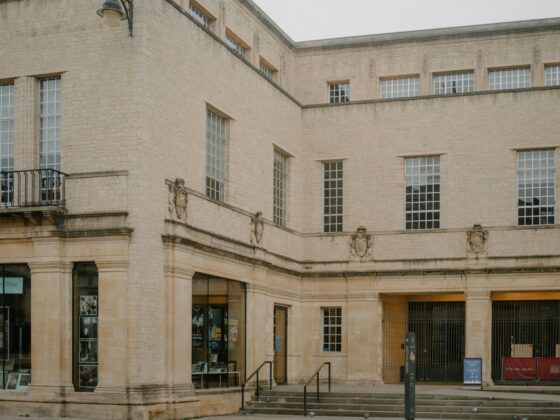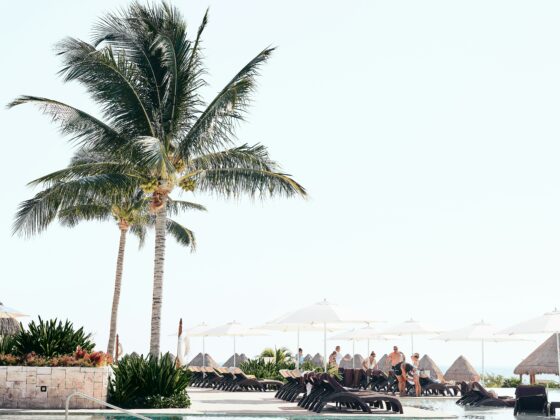
Skills and qualities for bartending
Excelling in mixing and serving drinks requires a unique blend of abilities and personal attributes. Some of the soft skills and personal qualities a bartender needs include:
- Communication: clear and friendly interaction with customers helps create a welcoming atmosphere and encourages repeat business
- Multitasking: handling multiple orders at once, especially during busy periods, is vital for maintaining efficient service
- Customer service: anticipating needs and responding promptly to customer requests ensures a positive experience
- Physical stamina: long hours on your feet, often in a fast-paced environment, demand physical endurance
- Creativity: crafting unique cocktails and experimenting with new recipes can set you apart and keep the menu interesting
- Knowledge of beverages: a thorough understanding of various drinks, including their ingredients and preparation methods, is necessary for making recommendations and creating quality beverages
- Problem solving: quickly and calmly resolving issues, such as incorrect orders or customer complaints, maintains a smooth operation
- Attention to cleanliness: keeping the bar area clean and organized is essential for hygiene and efficiency
- Numerical ability: accurate handling of cash and keeping track of tabs are important for managing transactions correctly
- Teamwork: strong team spirit helps ensure service runs smoothly, particularly during busy times
What is the career outlook for bartenders?
Due to the consistent popularity of dining and entertainment establishments, the demand for skilled drink servers is expected to stay consistent.
Job market trends
The trend towards craft cocktails and premium beverages has increased demand for knowledgeable drink servers who can create unique and high-quality drinks. The rise of gastropubs and specialty bars has also created more specialized roles within the field.
Employment projections
While there are around 113,500 bartender job openings each year in the US, drink server employment is projected to increase by 3% by 2032, driven by the growth of the hospitality and food service industry, particularly in urban areas and popular tourist destinations.
Growth opportunities
Many bartenders progress to managerial roles, such as head bartenders or bar managers, overseeing operations and managing staff. They may also eventually become beverage directors, responsible for the overall management of the bar, including inventory and menu development.
Others may open their own bars or become consultants for new establishments. Specializing in mixology or wine expertise can also provide avenues for professional development.
Salary expectations
Depending on experience and expertise, drink servers earn between $20,395 to $26,922 per year. High-end establishments or positions in metropolitan areas may offer even higher salaries and additional perks such as tips and bonuses. Earnings can be different based on location, establishment type and experience level.
In upscale restaurants, high-end bars and major metropolitan areas, they tend to earn higher wages. Tips also constitute a substantial portion of income, with busy and high-traffic venues offering the potential for greater earnings.
Excelling in any type of hospitality, including working in a bar, requires the right customer service skills. With a hospitality degree from a prestigious school, you can improve your career outlook and earning potential as a bartender or bar manager.








